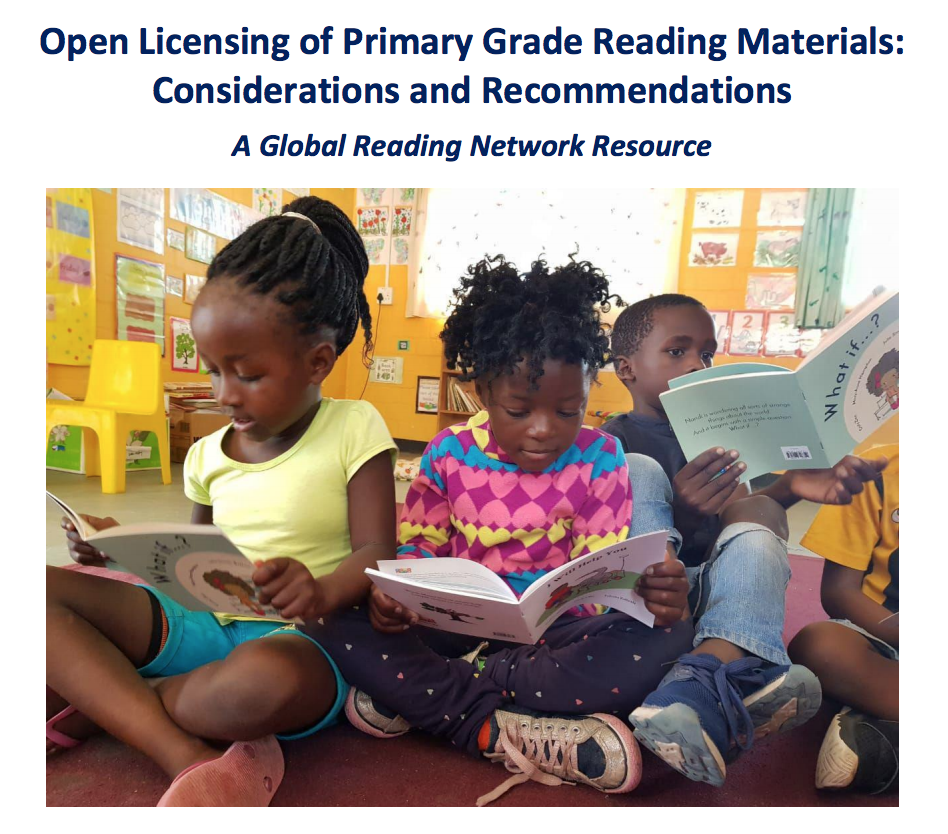Help us protect the commons. Make a tax deductible gift to fund our work. Donate today!
Creative Commons regularly works with governments, foundations, and other institutions worldwide to help them create, adopt, and implement open licensing policies. These policies typically require grant recipients to openly license and freely share the work they create with grant funds. We do this to ensure publicly (and privately) funded works are openly licensed and freely available to be accessed, used, and remixed by the public.
Over the past two years, we’ve been working with USAID, the Global Book Alliance, the Global Digital Library, and the Global Reading Network on early childhood reading programs, with a focus on helping these programs to recognize the potential of open licensing to increase the reach and efficacy of resources that promote youth literacy. In the course of doing that work, we all realized that additional materials needed to be created for grantees of the programs to not only understand the open license grant requirements, but to undertake the practical steps of implementing open licenses. To respond to that need, we collaborated with USAID and the Global Reading Network to write and co-publish Open Licensing of Primary Grade Reading Materials: Considerations and Recommendations, a guide to open licenses that includes an introduction to the basics of copyright, an overview of the benefits of open licensing, and suggestions for choosing and implementing open licenses.
The document is licensed under CC BY 4.0, meaning that it can be freely used by the public, including government agencies, policy makers, and grant making institutions looking to educate their constituencies about the benefits of openness and best practices in implementing open licensing.
Collaborations like this are some of the most important and rewarding work CC is involved with. If you’re affiliated with a government or institution that could use our help in making the case for open licensing, please get in touch with us at info@creativecommons.org.
See also: USAID’s Open Licensing Policy Rationale
Posted 13 January 2020